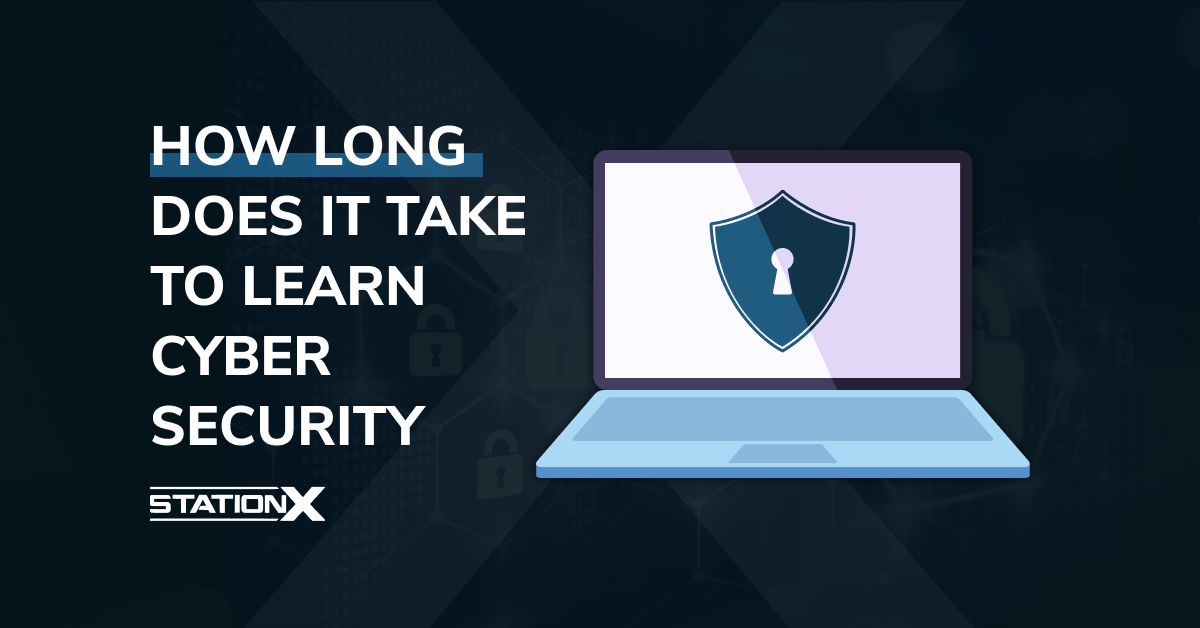Table of Contents:
- Introduction
- Types of Cyber Security Courses
- Factors Influencing Course Duration
- Choosing the Right Cyber Security Course for Your Career
Introduction
Cyber security is a growing field with high demand for skilled professionals to protect sensitive information. If you’re considering starting a course, knowing how long it takes can help you plan better. From quick certifications to in-depth degree programs, the time required varies based on your goals and learning preferences. This guide explores the typical duration of different cyber security courses to help you choose the right path.
Types of Cyber Security Courses
There are different types of cyber security courses available, each catering to various levels of experience and career goals. Whether you’re just starting out or looking to specialize, there’s a course that fits your needs. In this section, we’ll break down the most common types of programs and what you can expect from each.
Short-term Courses
Short-term courses are designed to provide a quick introduction to the basics of cyber security. These courses typically last anywhere from a few days to a few weeks and focus on building fundamental skills. They are great if you’re looking to get a basic understanding of cyber security or need to upskill quickly for your current job.
These courses are usually online so you can learn at your own pace. While they don’t go into advanced details they are a great starting point if you’re new to the topic or need a refresher.
Certification Programs
Certification programs are more comprehensive than short-term courses and are often industry-recognized. These programs usually take 3 to 6 months to complete depending on whether you study part-time or full-time. Popular certifications include CompTIA Security+, Certified Ethical Hacker (CEH), and Certified Information Systems Security Professional (CISSP).
Topics usually covered include- network security, ethical hacking, and risk management. Adding certifications to your resume can help you move toward roles like security analyst or penetration tester in cyber security.
Diploma and Associate Degree Programs
Diploma and associate degree programs are longer, usually lasting 1 to 2 years. These programs provide a deeper understanding of cyber security and cover topics such as cryptography, secure coding, and ethical hacking. They are ideal for those who want more than just a basic understanding but aren’t ready to commit to a full bachelor’s degree.
These programs offer a blend of theory and hands-on practice, which helps you build a strong foundation for a career in cyber security. You’ll typically cover subjects in greater detail and may even have the chance to complete internships or real-world projects. A diploma or associate degree is a great option if you’re looking to start a career in cyber security or advance your current skills.
Bachelor’s Degree Programs
A bachelor’s degree in cyber security is a 3 to 4-year program that provides an in-depth education in the field. This is a great choice if you want to learn a lot about cyber security and aim for a top job in the field.
These programs usually have general courses plus specific ones about cyber security. By the end, you’ll understand both the technical and business sides of the field, preparing you for roles like a security architect or cyber security consultant. While it takes time to complete, a bachelor’s degree can open up more job options and higher pay.
Master’s Degree and Advanced Programs
Master’s degrees in cyber security take 1 to 2 years to complete and are designed for professionals who already have a foundation in the field. If you’re aiming for leadership roles such as a Chief Information Security Officer (CISO) or a cyber security strategist, a master’s degree can give you the expertise you need.
These programs typically require prior knowledge in cyber security or a related field and build on that foundation to prepare you for high-level, decision-making roles. Many master’s programs also include research projects or thesis work, offering an opportunity to dive deep into a specific area of interest.
Factors Influencing Course Duration
The Bureau of Labor Statistics predicts that jobs for information security analysts will grow by 32% between 2022 and 2032. This means opportunities in cybersecurity are increasing quickly, making it a great field to explore for a career.
The time it takes to finish a cyber security course depends on various factors. Your background, the way you choose to study, and the depth of the material all play a role. Let us look at the factors in detail:
Level of Prior Knowledge
Your familiarity with technology and security concepts can affect how quickly you complete a course. If you’re new to IT you might need extra time to understand basic topics. In this case, beginner courses usually take around 8 to 12 weeks.
If you already have IT experience, you may progress faster through intermediate or advanced courses. For example, certification programs like CompTIA Security+ or CEH (Certified Ethical Hacker) often take 3 to 6 months for learners with some background in the field. Programs offering placement tests can help you find the right starting point and save time by skipping topics you already know.
Mode of Learning
The course format can significantly influence its duration. Full-time programs are structured to be completed quickly, usually within 4 to 12 weeks. These are ideal if you have the time to focus entirely on your studies and want to accelerate your learning.
Part-time courses are more flexible and spread out over several months, often lasting 6 to 12 months. These work well if you’re managing a job or other responsibilities alongside your studies. Online self-paced courses vary greatly in duration, allowing you to finish as quickly or as slowly as you prefer. Some learners complete these in 2 to 3 months, while others may take up to a year.
Curriculum Depth
Short courses that introduce basic concepts, such as security fundamentals and threat management, can be completed in 4 to 8 weeks. These are great for those looking for a quick overview or basic upskilling.
Certification programs like CISSP (Certified Information Systems Security Professional) or in-depth diploma programs often require a longer commitment, ranging from 6 months to 2 years. Degree-level programs, such as a bachelor’s in cyber security, usually take 3 to 4 years, while master’s programs typically last 1 to 2 years. These longer courses offer a thorough understanding of the field and prepare you for advanced roles.
Choosing the Right Cyber Security Course for Your Career
The duration of a cyber security course depends on your experience level, learning format, and the depth of the program. Whether you’re looking for a short-term course to gain basic skills or pursuing a degree to build a career in cyber security, there’s a course to suit your needs. Consider your goals, available time, and preferred learning style to select the right cyber security course that will help you succeed in this fast-growing field.

































